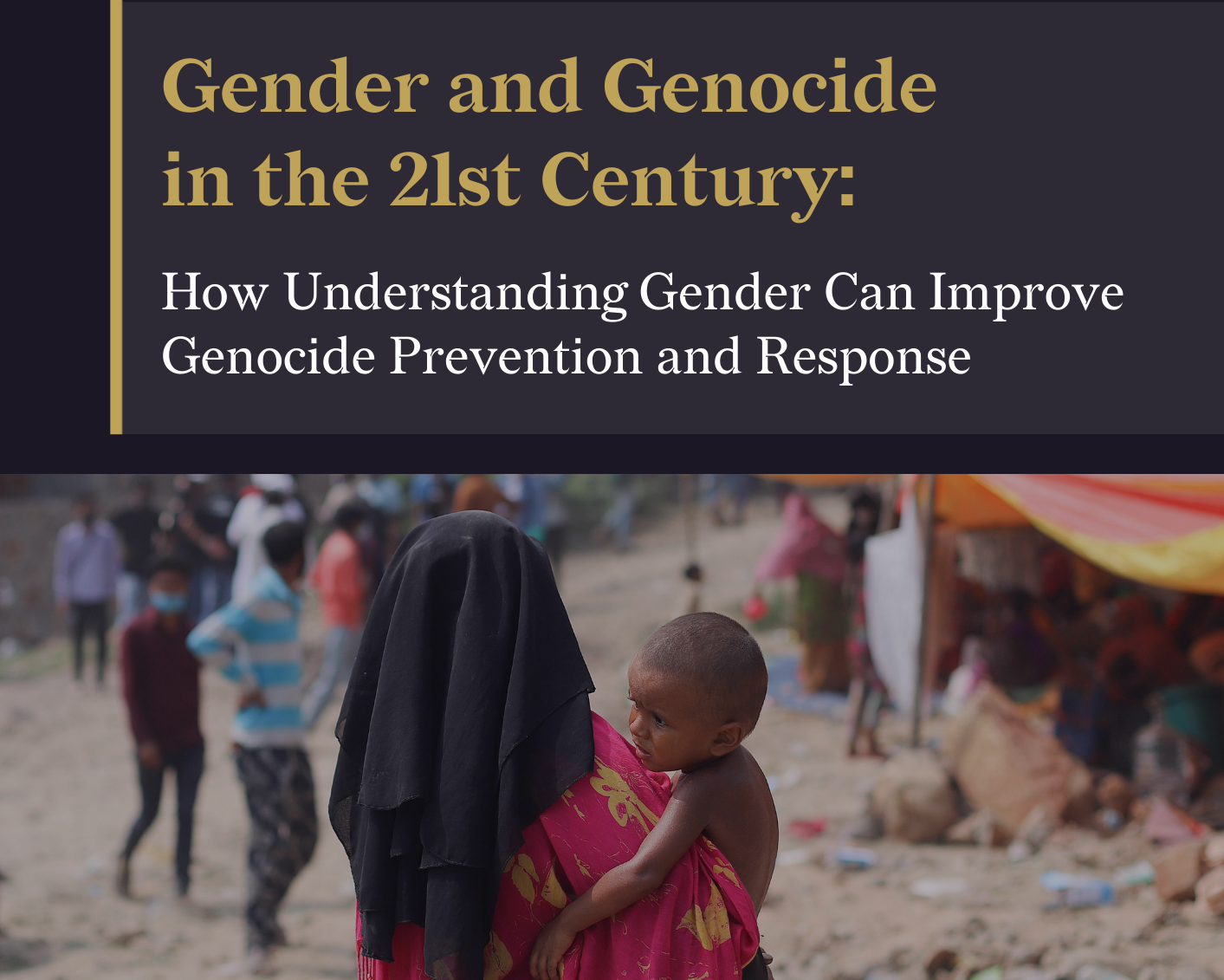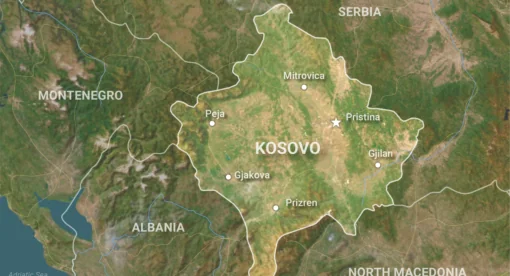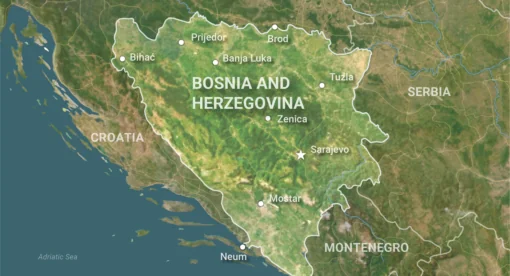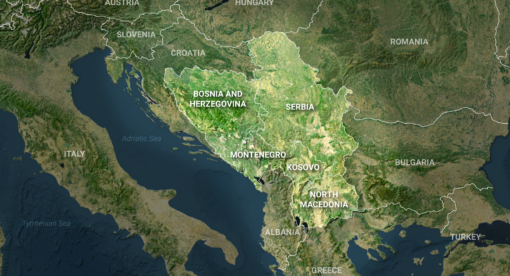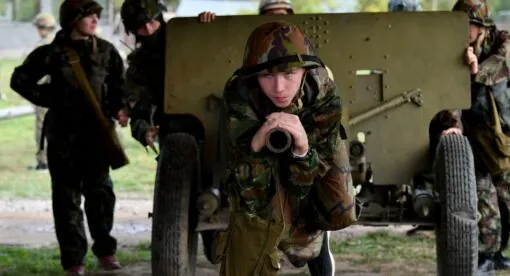A two-day conference the New Lines Institute held in September addressed the role that gender plays in genocide and how taking a gendered perspective can bolster prevention and improve government responses. This report addresses the issues covered during the conference and ways to make sure that gender is considered in efforts to prevent and respond to genocide and in efforts to hold perpetrators accountable.
Gender and Genocide in the 21st Century: How Understanding Gender Can Improve Genocide Prevention and Response
